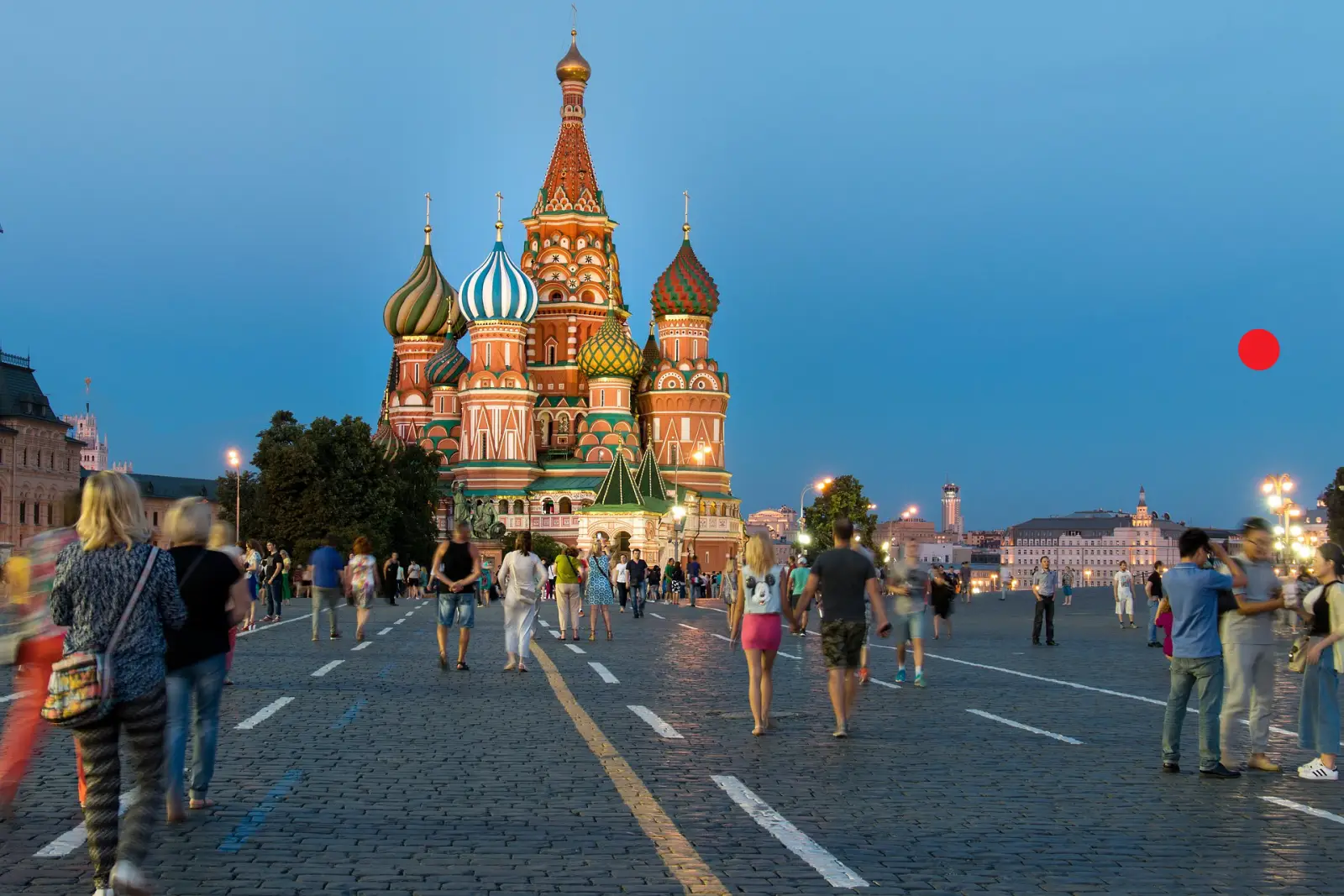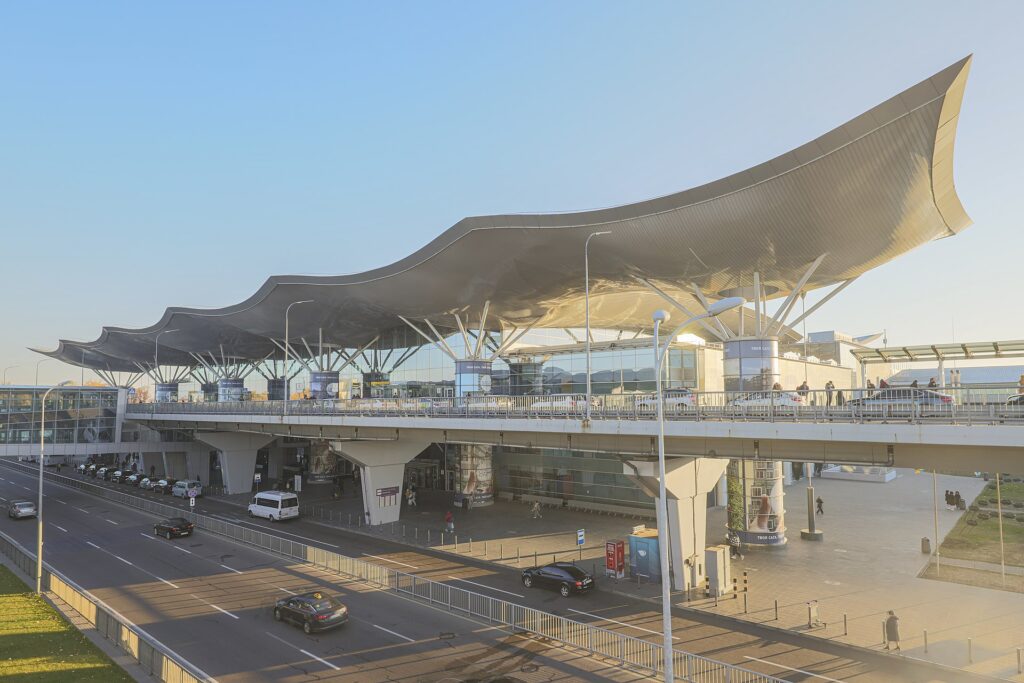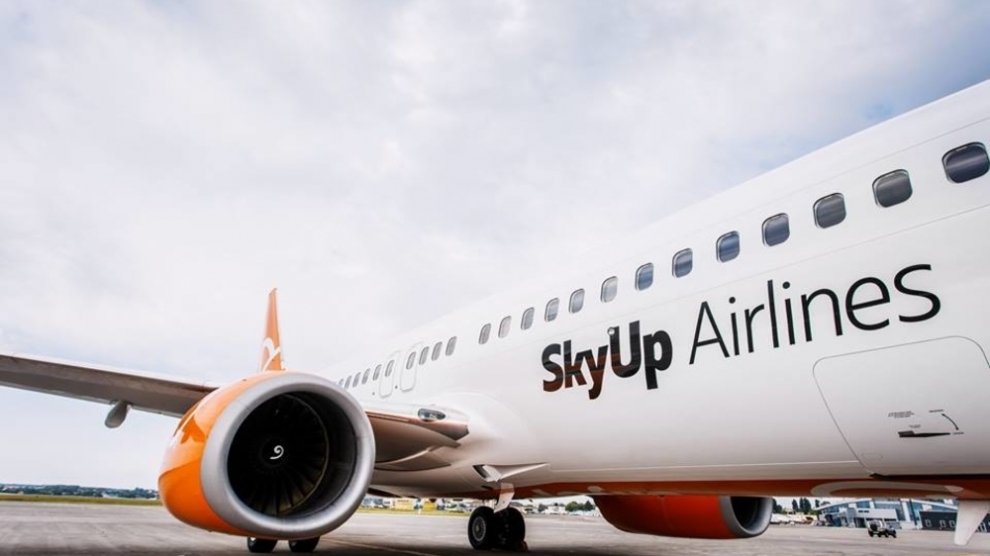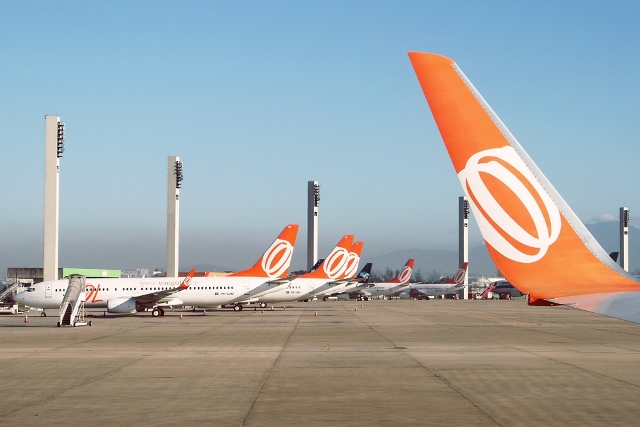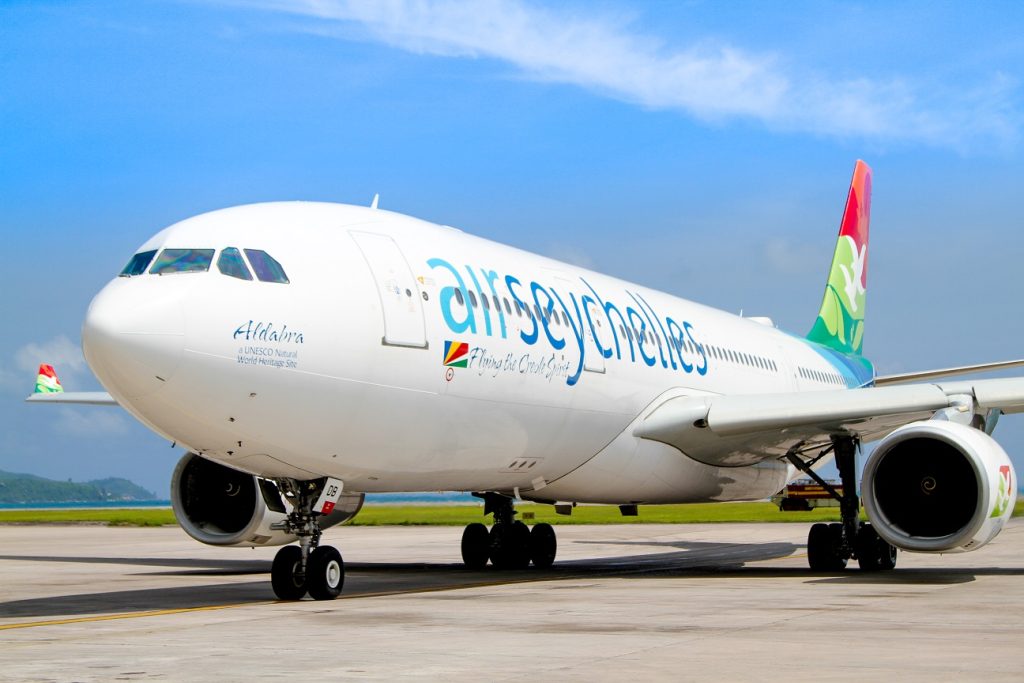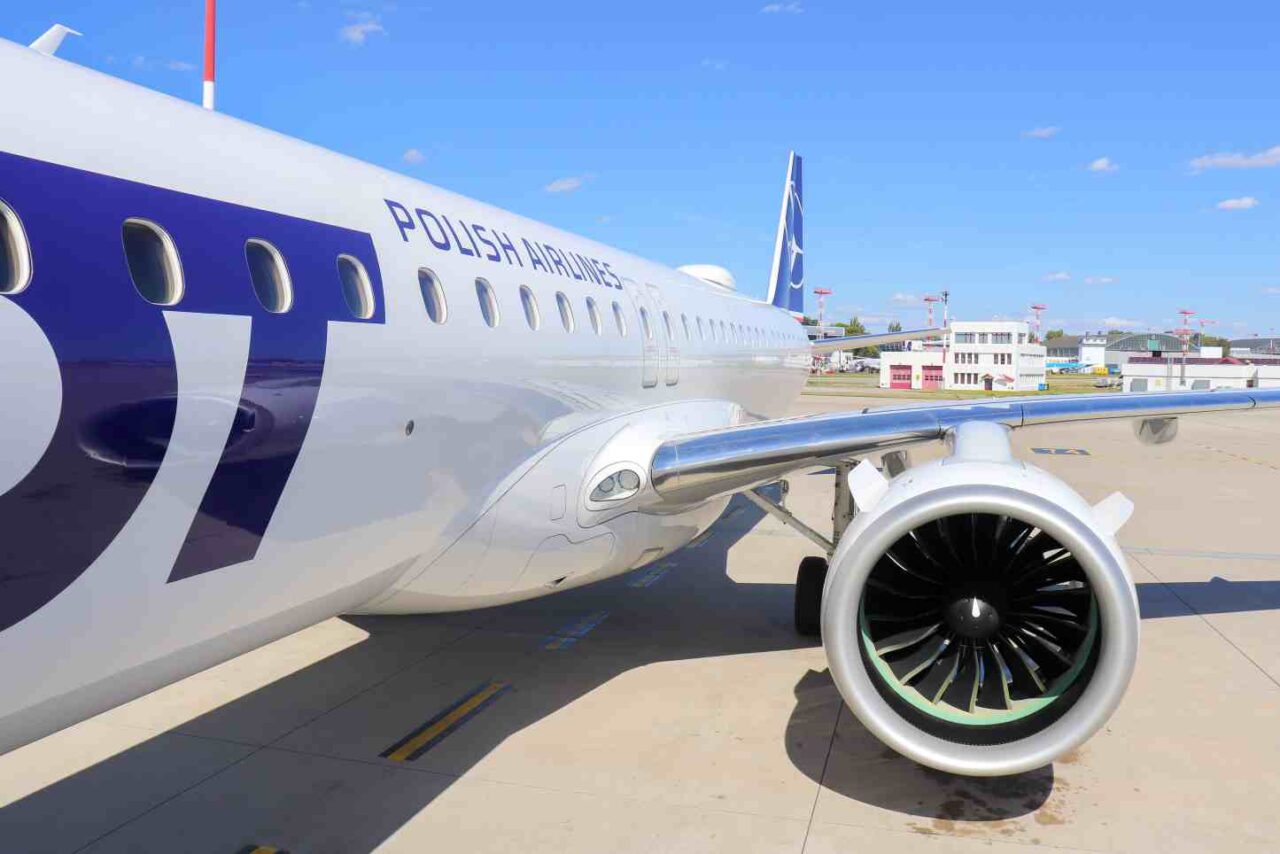The first time I tried to say one of the top Russian words —“thank you”— I panicked and blurted out something that sounded like “spasiba?” with a question mark trailing behind. The shopkeeper smiled anyway.
That’s the thing about language abroad: it doesn’t have to be perfect, just human.
In Russia, a place that can feel vast and enigmatic, knowing even a few words makes the world feel smaller, warmer. Whether you’re catching the overnight train to Kazan or clinking glasses of kvass in a tucked-away café, these Russian phrases can turn strangers into guides and confusion into clarity.
Top Russian Words to Learn Before You Travel
Before we dive into situations like ordering borscht or asking for directions, let’s look at the most useful Russian words you’ll likely hear and use every day. These are the small but mighty phrases that help you feel less like a tourist and more like a traveler.
Why Learning Russian Matters (Even Outside Russia)
While these phrases will definitely come in handy in Moscow or Saint Petersburg, Russian is spoken far beyond the borders of Russia. It’s still an official language in Belarus and Kazakhstan, widely used in Kyrgyzstan, and commonly spoken in parts of Ukraine, the Baltic States, Georgia, Armenia, Moldova, and even some neighborhoods in Israel and Germany.
If you’re traveling across Eastern Europe, Central Asia, or post-Soviet countries, a bit of Russian can go a long way. Think of it as your passport to deeper conversations and fewer awkward hand gestures.
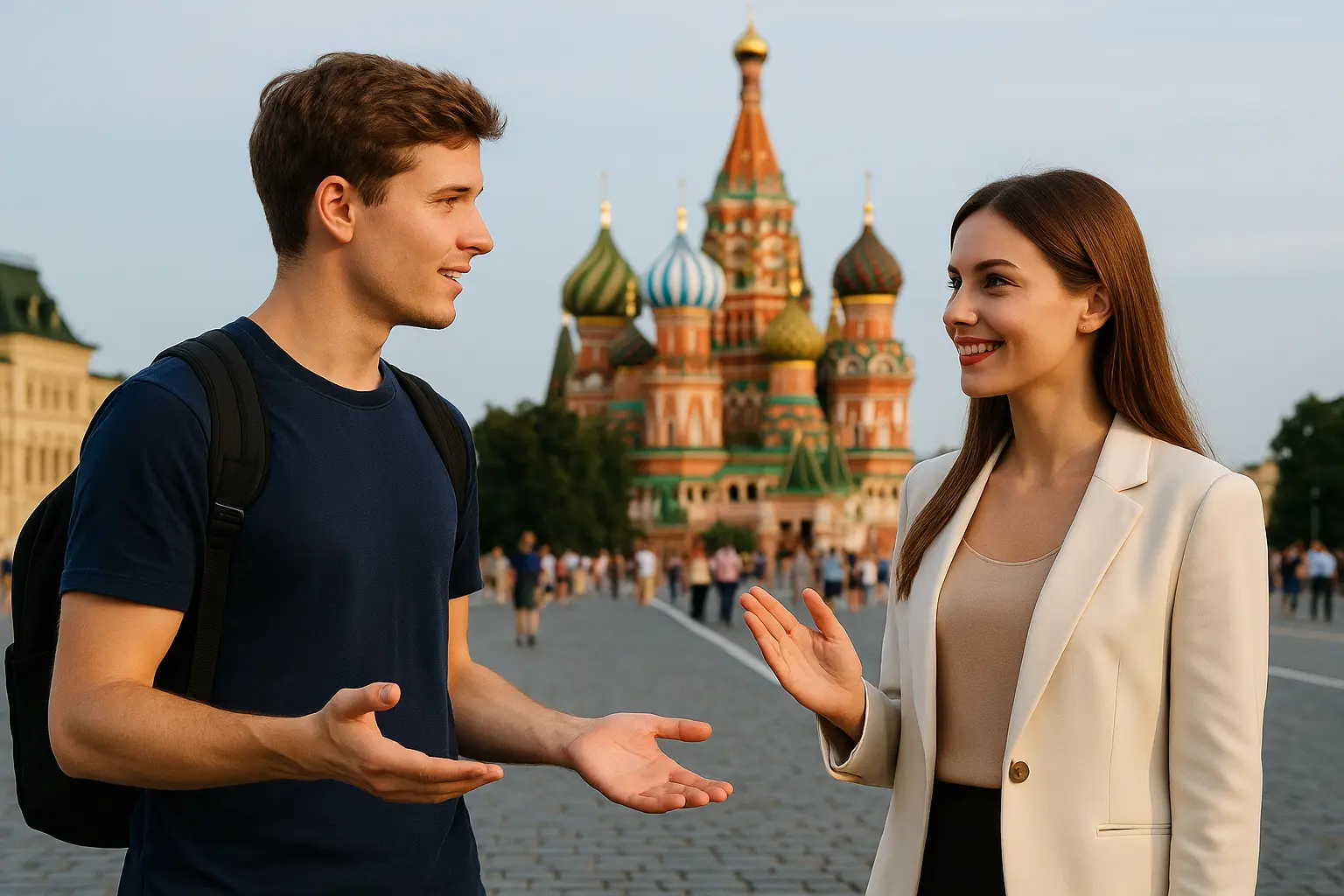
The Basics: Polite Phrases That Go a Long Way
- Здравствуйте (zdravstvuyte) – Hello (formal)
- Привет (privet) – Hi (informal)
- Пожалуйста (pozhaluysta) – Please / You’re welcome
- Спасибо (spasibo) – Thank you
- Извините (izvinite) – Excuse me / Sorry
- Да (da) – Yes
- Нет (nyet) – No
Even just saying “spasibo” after getting your change or “izvinite” when bumping into someone on the metro shows that you’re trying—and Russians really do appreciate the effort. These basics are your golden ticket to softening interactions and gaining respect.
Getting Around: Words for Navigating Streets and Stations
- Где…? (gde…?) – Where is…?
- Метро (metro) – Subway
- Вокзал (vokzal) – Train station
- Автобус (avtobus) – Bus
- Такси (taksi) – Taxi
- Направо (napravo) – To the right
- Налево (nalevo) – To the left
- Прямо (pryamo) – Straight ahead
Transportation in Russian cities is remarkably efficient, but signs may not always include English. Knowing how to ask “Где метро?” (Where is the subway?) can keep you from getting hopelessly lost—and learning to understand “налево” or “направо” when someone gives you directions can help you avoid walking in circles.
At a Restaurant or Café: Ordering with Confidence
- Меню (menyu) – Menu
- Я хочу… (ya khochu…) – I want…
- Счёт, пожалуйста (schot, pozhaluysta) – The check, please
- Вода (voda) – Water
- Без газа (bez gaza) – Still (non-carbonated)
- С газом (s gazom) – Sparkling
- Очень вкусно! (ochen’ vkusno!) – Very delicious!
Russian menus can feel like cryptic codes, but once you recognize a few essentials—and master the phrase “Я хочу борщ” (I want borscht)—you’ll start ordering like a local. A smile and an “очень вкусно” at the end of a meal might even score you a free tea or a compliment from the chef.
Shopping and Money: Making Transactions Easier
- Сколько это стоит? (skol’ko eto stoit?) – How much is this?
- Дорого (dorogo) – Expensive
- Дешево (deshevo) – Cheap
- У вас есть…? (u vas yest’…?) – Do you have…?
- Наличные (nalichnye) – Cash
- Карта (karta) – Card
Markets are still a big part of local life, and haggling isn’t uncommon. Ask “Сколько это стоит?” with a curious tone, and don’t be surprised if the vendor rounds down when they see you’re trying. Russians respect effort more than fluency.
Emergency and Essentials: Just in Case
- Помогите! (pomogite!) – Help!
- Я потерялся (ya poteryalsya) – I’m lost (male)
- Я потерялась (ya poteryalas’) – I’m lost (female)
- Где туалет? (gde tualet?) – Where is the bathroom?
- Я не говорю по-русски (ya ne govoryu po-russki) – I don’t speak Russian
- Вы говорите по-английски? (vy govorite po-angliyski?) – Do you speak English?
Hopefully you won’t need to shout “Помогите!”, but it’s always smart to know just in case. More often, it’s the smaller emergencies—a full bladder or getting turned around—that make these phrases essential. People are often more helpful than they first appear. Ask gently, and you’ll usually be met with patience and kindness.
Tips for Learning on the Go
You don’t need to memorize every word before you board the plane. Instead, explore beginner-friendly Russian audio phrases with BBC Languages and try to get comfortable with a few essentials.
- Download an offline Russian phrasebook app (Google Translate works offline too).
- Learn the Cyrillic alphabet—it helps you read street signs and menus.
- Listen to Russian phrases on YouTube or Spotify playlists before your trip.
- Practice a few lines every day; repetition helps it stick.
And remember: confidence is just as important as pronunciation. Russians know their language is tough. If you try, they’ll usually meet you halfway—sometimes with a smile, sometimes with a quick switch to English, and often with a helpful gesture or a nod of approval.
Parting Words
Traveling in Russian-speaking countries can feel like navigating a maze, but each word you learn is a breadcrumb leading you toward connection. From bustling cities like Moscow and Almaty to quiet villages in Belarus or Latvia, language becomes more than communication—it becomes a bridge. So pack your curiosity, your sense of humor, and a few of these phrases. You might not say everything right, but you’ll definitely say something memorable.


